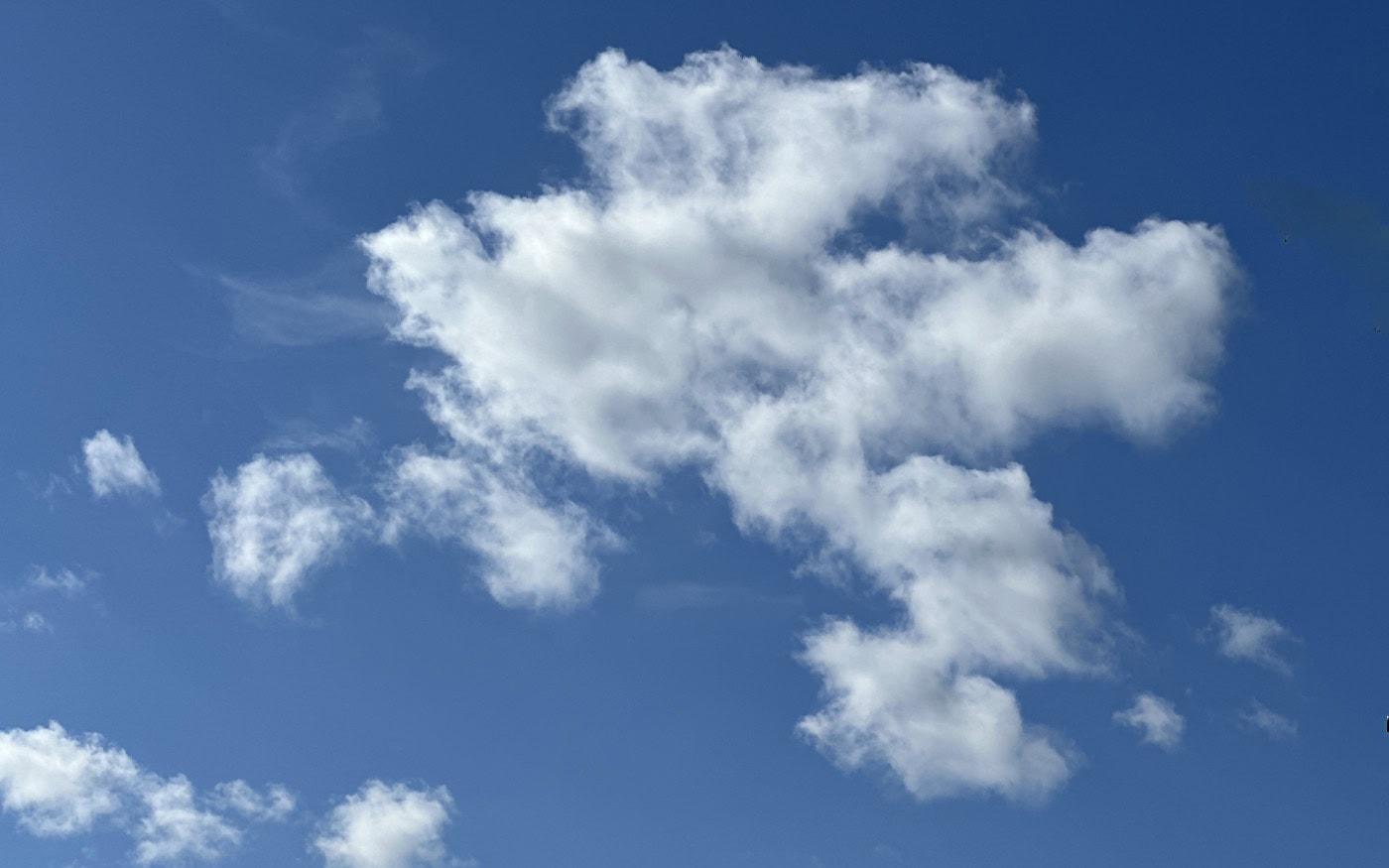The value of Anapana practice
Anapana practice has a number of values. It has a personal value, and a social value. Its personal value is its ability to "reset" the way our minds have been conditioned.
The personal value of Anapana practice
Our unconscious conditioning
Our conditioning happens at a deep level and we are usually not conscious of it. We've been conditioned by the society we grow up in and live in. We're conditioned by all the unspoken assumptions we pick up from other people about how to live, about values, about what is acceptable or unacceptable. Advertisers and politicians are skilled at shaping our assumptions, but much of our conditioning happens without anyone deliberately trying to influence us. Friends, fiction, TV and society in general all play their part in shaping how we think. What we read on social media can be a powerful conditioning factor.
As a result of all this unconscious conditioning we develop our beliefs—political, moral, religious and others. As a result we may be more—or less—likely to accept certain conspiracy theories. We develop habits of behaviour, and of thinking. We see things one way, rather than in other ways. We behave in one way rather than in others. What we like and don't like is part of our conditioning. Our beliefs, our unspoken assumptions, our habits, all come together to determine how we react. We don't stop and think rationally when we react, there isn't time. Reactions happen instantly. Our reactivity shows how we have become conditioned, but we don't realise that. We simply say or do whatever we feel is justified in that situation.
Our social conditioning
Our conditioning helps us to fit in with whatever society or sub-culture we may live in. When we think, and behave, in the same way that everyone else around us thinks and behaves, we have no problem with belonging. We're like everyone else in our circle, and we fit in comfortably.
Problems develop though when we step outside our own circle. When we interact with people of a different age-group, of a different class, of a different culture, of different faiths, or of any different background, we find they're different from us. They think differently, they behave differently, they hold different sets of beliefs. As a result disagreement and conflict may result. So who's right, me or them?
The hard facts of life
Sometimes our personal conditioning comes up against the hard facts that this world doesn't work the way I've come to believe. Mixed up in the mental breakdown I had earlier in life was a crisis of faith. The world wasn't working in ways I believed it should. God didn't seem to work in ways I thought "he" should. My prayers were not answered in ways I thought they ought to be. It need not be a faith crisis though.
Sometimes our political convictions just don't work. Society resists being reshaped according to our vision. Sometimes our behaviour comes up against the hard fact that there are laws that forbid what we're doing. Or we realise that society has changed, and no longer holds the values we grew up with. It's been said that everyone over the age of 50 is doomed to live in a foreign country, even if they never move house in their lives. Our own country changes around us.
I'm not suggesting that what is new is always better—or worse. It may not be either, but how do I live, how do we live, in a changing world? Part of the answer to that involves seeing through both my conditioning, and the way other people are conditioned. Once we see through that, we can start again. Some of my values may still be valid, but so may some of the other values. I need to set aside automatic habits of thought and my usual reactions.
Healing our conditioning
It's just there that Anapana practice can be so helpful to us. We develop habits of seeing the whole picture, of listening or seeing the reality in which we live. We develop dispassion both towards life as it really is, and towards whatever conditioning I've picked up in life and which is affecting me now. We learn to sit, passively seeing and accepting life as we find it. We learn to let go of automatic reactions, for or against what we meet in life.
The social value of Anapana practice
The social value of Anapana practice is that it leads to the ability to live in peace, even with people who are very different from ourselves. We don't pick, or sustain, arguments or quarrels. We don't have to accept their values or behaviour, but we don't have to react against them either. In one text, the Buddha claimed he held and taught a view "which does not quarrel with anyone in this world." The text goes on to claim, "This is the end of taking up sticks, of taking up weapons, of quarrels, disputes, contention, strife, slander and lies." Anapana practice leads to non-violence.
Anapana practice can help us become more friendly and helpful to others, and easier people to live with.

